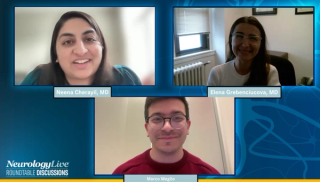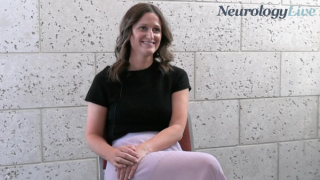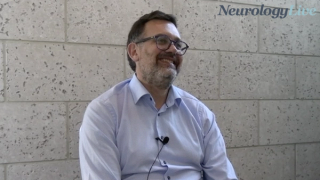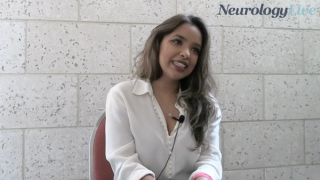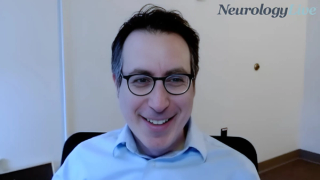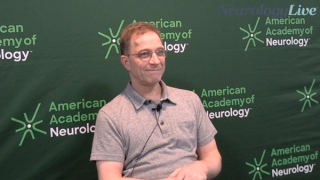
MS and Demyelinating Disorders
Latest News
Latest Videos
CME Content
More News
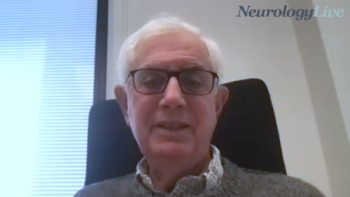
The professor of neurology and neurosurgery at McGill University discussed the evolution of multiple sclerosis treatment, the need for earlier intervention, and the pressing scientific questions surrounding neuroinflammation. [WATCH TIME: 4 minutes]

A recent large cohort analysis of global MS registry data reported that the incidence and persistence of progression independent of relapse activity varied widely depending on how it was defined.

A review highlighted the role of serum neurofilament light chain as a potential biomarker in MOG antibody-associated disease, with findings pointing to associations with attack severity.

A recently published population-based study reported that patients with MS or NMOSD had a significantly higher risk of autoimmune rheumatic diseases than matched controls.

The phase 2 MAGNIFY trial demonstrated that zervimesine (CT1812) slowed lesion growth in patients with geographic atrophy secondary to dry AMD, showing a 28.6% reduction over 18 months.

Take 5 minutes to catch up on NeurologyLive®'s highlights from the week ending May 9, 2025.

Evan L. Smith, PhD, assistant professor of Physical Medicine & Rehabilitation at University of Michigan, discussed how emotional wellbeing, motivation, and evidence-based therapies can significantly influence outcomes in MS.

A 17-year-old with NMOSD and rituximab treatment developed PML after several relapses and secondary hypogammaglobulinemia, leading to his death 3 months after diagnosis.

The award ceremony is supported by Viatris and will take place on Thursday, May 29, 2025, at the Phoenix Convention Center in Phoenix, Arizona, during the 2025 CMSC Annual Meeting.

Here's some of what is coming soon to NeurologyLive® this week.
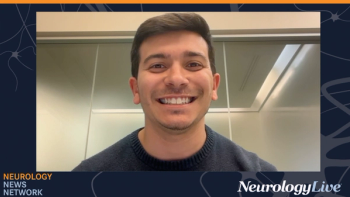
Neurology News Network. for the week ending May 3, 2025. [WATCH TIME: 3 minutes]

Take 5 minutes to catch up on NeurologyLive®'s highlights from the week ending May 2, 2025.

Jack P. Antel, MD, professor of neurology and neurosurgery at McGill University, reflected on key advances in neuroimmune research and their implications for understanding and treating MS.

From Neurology Enthusiast to Advocate for Health Equity: Moira Kapral’s SEQUINS Hall of Fame Journey
Moira Kapral, MD, MSc, reflects on her SEQUINS Hall of Fame recognition, the evolution of brain health equity, and her work addressing disparities in stroke care.

Robert J. Adams, MS, MD, reflects on his SEQUINS Hall of Fame recognition, his work on stroke prevention, and the importance of equity in brain health.

Barbara Vickrey, MD, MPH, discusses her SEQUINS Hall of Fame honor, the evolution of healthcare delivery models, and the role of mentorship in fostering equity in neurology.

Lewis B. Morgenstern, MD, reflects on his SEQUINS Hall of Fame recognition, the importance of health equity research, and his ongoing efforts to reduce stroke disparities.
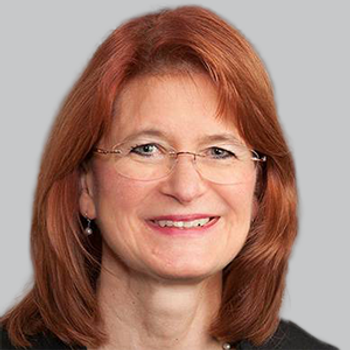
Cheryl Bushnell, MD, MHS, a professor of neurology at Wake Forest University, discussed her SEQUINS Hall of Fame recognition, her work on sex differences in stroke risk, and her ongoing efforts to improve stroke care equity.

Overall, Vidofludimus calcium demonstrated a 20% reduction in confirmed disability worsening events and modest benefits on brain volume change in patients with progressive multiple sclerosis.
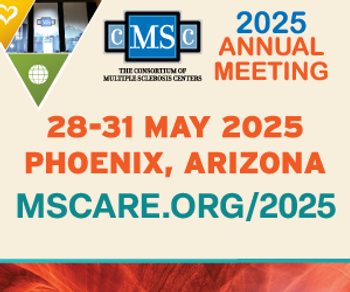
Move fast—April 30, 2025, is the final day to take advantage of early bird savings!
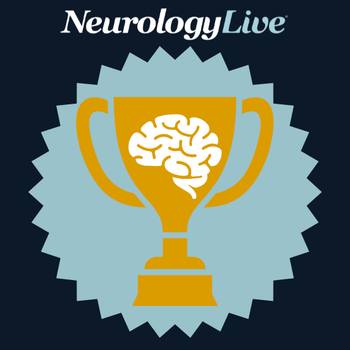
Bruce Bebo, PhD, and Amit Bar-Or, MD, FRCPC, FAAN, FANA, discussed the impact of the John Dystel Prize on multiple sclerosis research and its role in shaping future clinical advancements.

Sumaira Ahmed, founder and executive director of The Sumaira Foundation, discussed how FDA-approved therapies transformed the NMOSD treatment landscape and highlighted ongoing challenges in patient care.

Here's some of what is coming soon to NeurologyLive® this week.
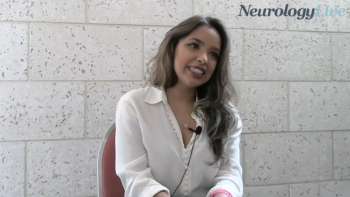
The founder and executive director of the Sumaira Foundation emphasized the critical role of lifestyle factors such as sleep, exercise, and nutrition for maintaining brain health in patients with NMOSD. [WATCH TIME: 3 minutes]

Test your neurology knowledge with NeurologyLive®'s weekly quiz series, featuring questions on a variety of clinical and historical neurology topics. This week's topic is on non-active secondary progressive multiple sclerosis.



